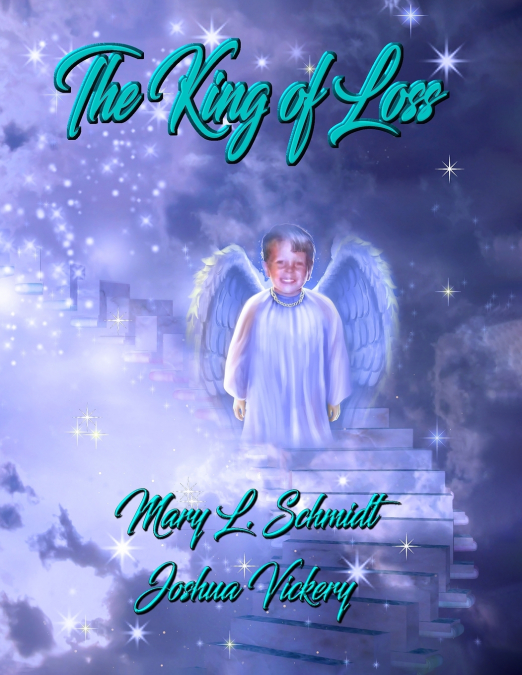
Joshua Vickery / Mary L Schmidt / Mary L. Schmidt / S. Jackson
This screenplay is based on a true story and memoir, When Angels Fly, and it will take you to the depths of hell and back to barely breathing. It is a gallant saga of two little boys and their mother, with the youngest battling cancer with incogitable courage and resolute determination. The story is compelling, and has young Eli, a child barely out of the toddler-stage, gets affected with cancer but does not let it shred his substance, his spirit, his ebullience. The story is a slice of real life and it shines in its own glory of candor and courage. The story, with its impeccable sincerity, sets in the cascade of emotional pathways and the empathy is momentous and super-instant. Eli suffers and the agony hits you hard on the face; you find Eli vulnerable amidst a sea of medical professionals and paroxysms of protective instinct jolt you and overpower you; you find a febrile bout tormenting Eli’s well-being, lassitude automatically grips you hard. The true essence of motherhood, especially that of a mother in crisis, seeps shatteringly through the cellular junctions and mixes with the protoplasm and changes your entire being from ’whoever-you-are’ to a mother who fell prey to a wicked attack of the destiny on the most vulnerable spot. The gory tragedies in this real-life story disturb the core of reader’s existence - a missed diagnosis of cancer by experts, spread of cancer to vital organs, uncontrolled bleeding due to non-availability of transfusable blood products, catastrophic lung damage due to gross medical negligence etc. The story does a mammoth job of airdropping the reader to a milieu in which the spirit of survivorship calls the shots, galloping courage sets the pace and unfolding of designs of destiny evokes the emotions. The child-like glee thickly layers the narrations of the mischiefs that Eli and Noah (the brothers) indulged in. Their bond is profound and all scattered in the subtext, ’two peas in a pod’ as the author sums up. The screenplay substance is knitted with life-sized narration of events that induces a high-definition visual imagery, running on loop, giving a highway ride to the sensory nervous system. Eli’s mother comes across as a fiercely protective mother who has eyes in her occiput, a mother who is an angel in the kitchen and a buddy in the playground, a mother who believes in getting slivered into thin ribbons before allowing a shadow consume her child. Various meanings of life pop up from everywhere and coalesce together to create a pattern too frightful, too vulnerable, too indomitable and too undaunted, exactly the way life and its paraphernalia operate together. Nothing is artificial - every element of the story derives its power from the themes of existentialism, belonging, and relationships, culminating in a steadfast scuffle with the bad guys, the cancerous cells. Even in the darkest hours, he bolstered his mother with unheard of strength for a boy of this age. Eli’s sage-like wisdom and spiritual sojourn with Jesus point to his deep-rooted connection with the cosmic soul. The crisis is too real and crushing, with a life of its own, and the conflict is at many levels, with entire existence at stake. In the end the exposition is too powerful and surprising and Sammy’s heroic fight brings him perpetual glory like a soaring comet leaving a bright trail behind.